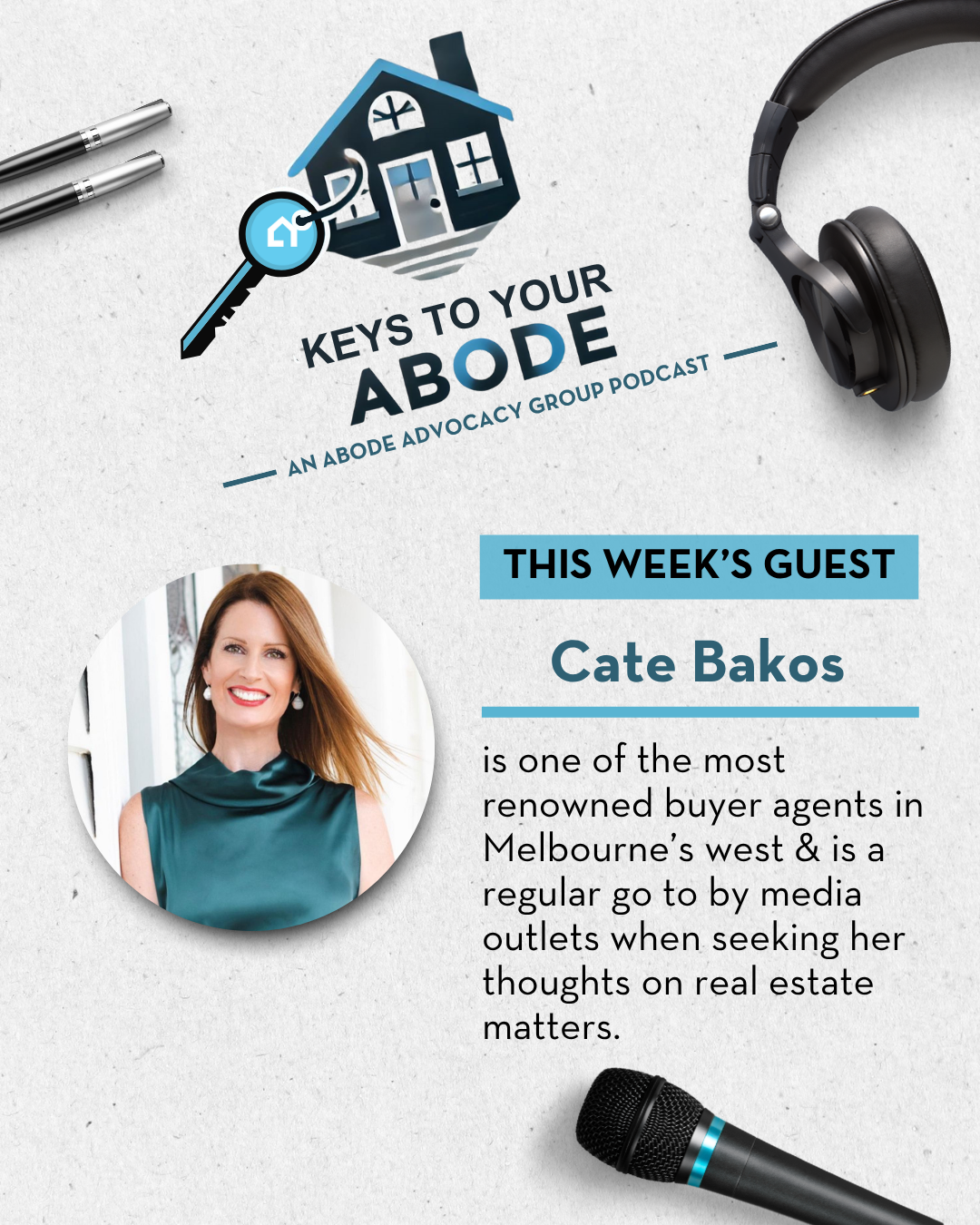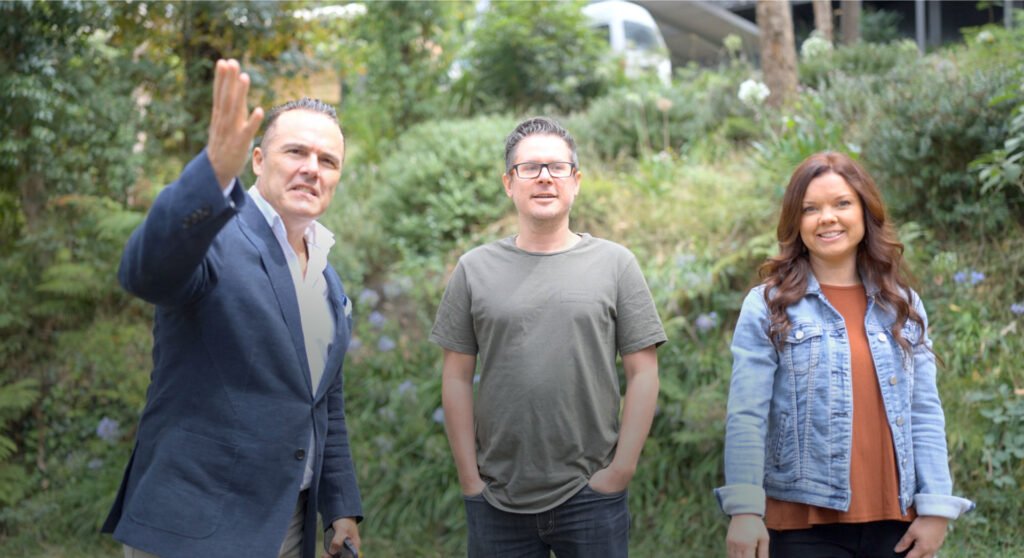In the world of real estate, the relationship between agents, vendors, and buyers can often be a complex one. The role of an agent is to facilitate the sale of a property, but what happens when their incentives are misaligned with the best interests of both buyers and sellers? This is a question that has been a cause for concern for us at the Abode Advocacy Group, and we believe it’s time to address a critical issue – agents setting incentives above reserves.
First and foremost, we firmly believe that the reserve price should be the absolute minimum that a vendor is willing to accept. This is a fundamental principle of transparency and fairness in the real estate market. When an agent is allowed to set incentives above this reserve, it can lead to a conflict of interest that can have detrimental effects on both buyers and sellers.
Once an agent knows that they will be paid more for achieving a price above the reserve, their primary objective becomes keeping that reserve as low as possible. This creates a clear misalignment of interests. The question arises: would an agent provide buyer feedback to the vendor that exceeds the quoted price? The answer, more often than not, is no. If increasing the quoted price could raise the reserve and, subsequently, lower their incentive, it’s only natural for agents to be cautious about sharing such information with the seller.
This incentive structure is, in our opinion, a significant contributor to the pervasive problem of under-quoting in the real estate industry. For example, buyers might tell agents they are willing to pay above a certain range, but the quoted price given to vendors is intentionally kept lower. Vendors, trusting their agents, set their reserve based on this lower range. Why? Because agents have the discretion to choose what information they share with the vendor.
The best agents, those who genuinely prioritise their clients’ interests, would advise their vendors differently. They would increase the price range to send a strong message to buyers and provide an accurate representation of the property’s value. This approach also allows potential buyers who cannot afford the property at the new range to explore other options. However, we must acknowledge that not all agents operate this way.
Agents who stand to lose money from disclosing the full picture often focus more on their personal incentives rather than the best interests of their clients. This is why we believe that banning the practice of agents setting incentives above reserves is essential.
By making this practice illegal, both vendors and buyers would be more likely to receive a fair and accurate representation of the property’s value. It would promote transparency and trust in the real estate market, ultimately benefiting all parties involved. Abode Advocacy Groups is committed to advocating for these changes to create a more equitable and transparent real estate industry for everyone.






